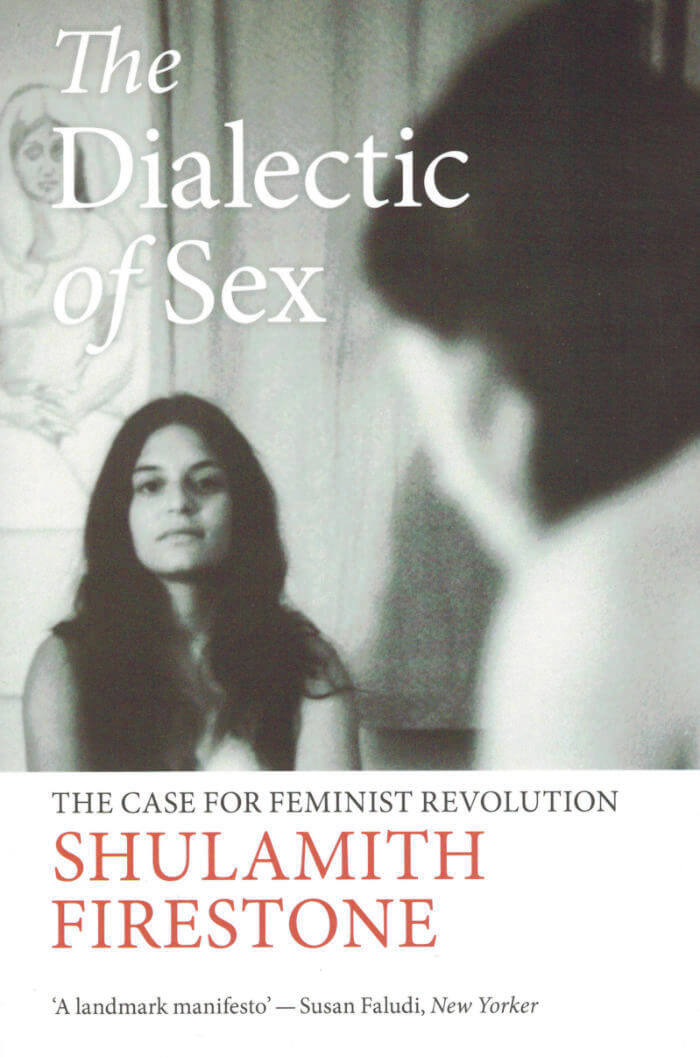In this special edition, double-cover issue of Worms, we bring you not one, but two cover stars. The indelible Tyson Yunkaporta and the iconic Anne Waldman adorn both sides of Worms 8 which can also be thought of as ‘The Elements Issue’. It was dreamt up in a dreary and grey August in London, while the rest of the world suffered through the hottest days on record. As we witnessed, and continue to witness, such climate catastrophe, we turned to the literature we love to help us understand, to challenge us, and to offer us some comfort.
The issue is split into four sections—earth, fire, air and water—but its roots and webs push beyond what we typically think of as ‘the natural’: tales from the kitchen from Rebecca May Johnson and Slutty Cheff, reflections on gardening and colonialism, writer's block and clogged pipes, how to blow up pipelines with Andreas Malm, grief and writing, recovery and nature with Octavia Bright, social mobility with Isabel Waidner, the wide range of issues raised by the underrepresentation of First Nations people in literature with Evelyn Araluen and much, much more.
We hope that this issue can be a flame of hope, inspiration, or something that simply sustains in such turbulent times.
Featuring
Tyson Yunkaporta, Isabel Waidner , Jamaica Kincaid, Melissa Broder , Evelyn Araluen, Bruce Pascoe, Octavia Bright, Nora Treatbaby , Nerea Calvillo , Anne Waldman , Alexis Pauline Gumbs , Léuli Eshrāghi, Madeline Cash , Andreas Malm, Rebecca May Johnson
Contributors
Stella Murphy , Ben Redhead, Phoenix Yemi, Sam Moore, Devils Claws, Pierce Eldridge, Manon Mikolaitis, Caitlin McLoughlin, Isabel MacCarthy, Elodie Saint-Louis , Nettle Grellier, Amelia Abraham, Ryan Pfluger, Rose Higham-Stainton , Emma Crabtree, Ignota, Lydia Luke, Chloe Sheppard , Clem MacLeod , Carolyne Loreé Teston , Emma Cohen, Olive Couri, Raheela Suleman , No Land , Jacqueline Ennis-Cole , Sufia Ikbal-Doucet, Rhett Hammerton, Zara Joan Miller , Kate Morgan , Bug Shepherd-Barron, Zoe Freilich , Slutty Cheff , Clemmie Bache , Violet Conroy , Sarah White , Jemima Skala , Stephanie Francis-Shanahan








